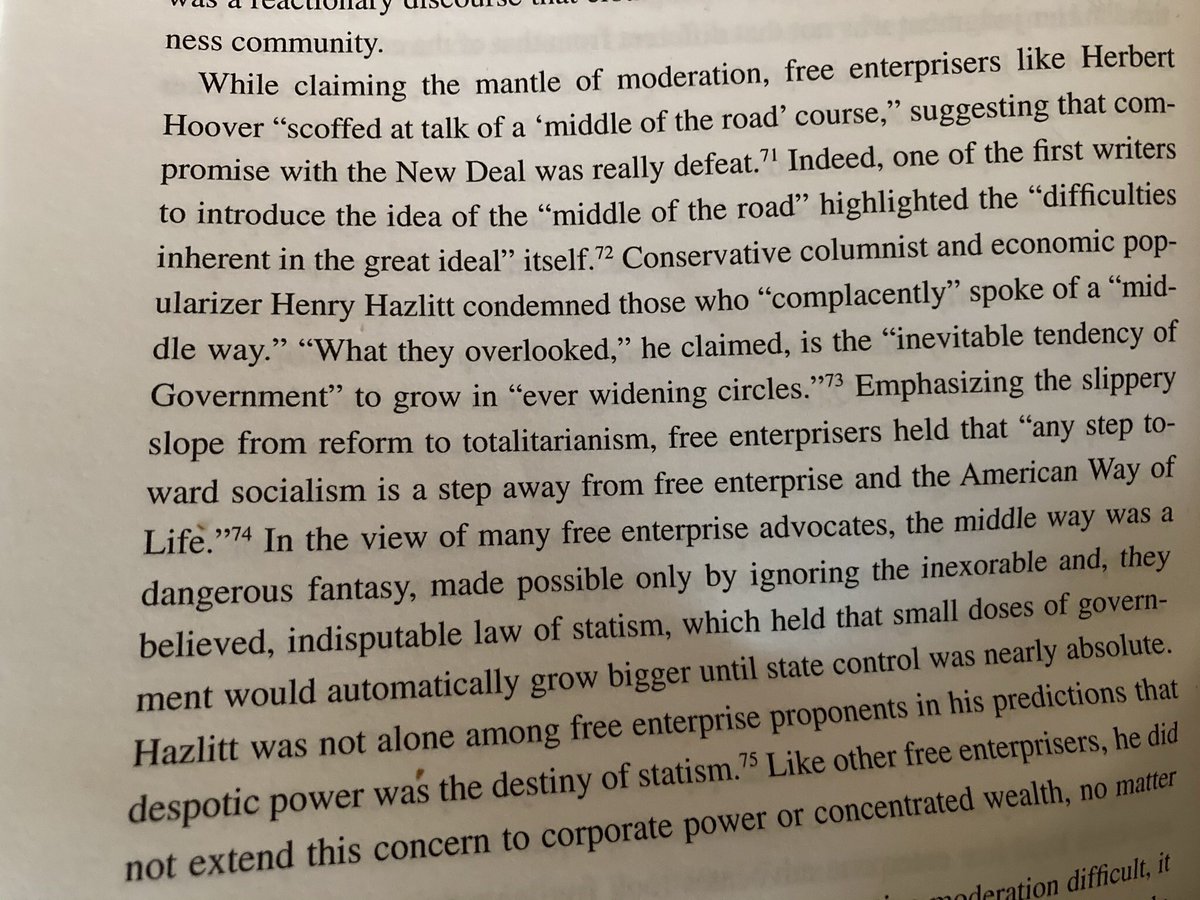
The claim that “the way [Trump] handled himself in the last 60 days" marks some sort of dramatic change in his actions and rhetoric is not credible. He has employed violent language & explicitly called his supporters to violence since his 2016 campaign./1 washingtonpost.com/politics/trump…
In 2019 he said, "I have the support of the police, the support of the military, the support of the Bikers for Trump – I have the tough people, but they don’t play it tough — until they go to a certain point, and then it would be very bad, very bad/" /2
thehill.com/homenews/admin…
thehill.com/homenews/admin…
Here's an article from _March 2016_, well before he got the nomination, about "all the times Trump has called for violence at his rallies."/3
mashable.com/2016/03/12/tru…
mashable.com/2016/03/12/tru…
In August 2016, he hinted at the possibility that his "Second Amendment" supporters might shoot Hillary Clinton: “If she gets to pick her judges, nothing you can do, folks. Although the Second Amendment people — maybe there is, I don’t know.”/4
nytimes.com/2016/08/10/us/…
nytimes.com/2016/08/10/us/…
As the protests responding to the murder of George Floyd began, Trump said "when the looting starts, the shooting starts," echoing a phrase used by segregationists./5
vox.com/identities/202…
vox.com/identities/202…
His tweet, "LIBERATE MICHIGAN!; LIBERATE MINNESOTA!; LIBERATE VIRGINIA, and save your great 2nd Amendment. It is under siege!," preceded the violent breaching of the MI state capitol by white supremacists./6
Speaking to law enforcement officials in 2017, Trump encouraged police officers to be "rough" with the people they arrest./7
washingtonpost.com/news/politics/…
washingtonpost.com/news/politics/…
Well before last week, Trump's violent language repeatedly abetted acts of violence./9
abcnews.go.com/Politics/blame…
abcnews.go.com/Politics/blame…
An undercurrent of violence, which not infrequently became explicit, has been a consistent through-line of the Trump campaign and presidency. Nobody should be able to claim to be shocked by his incitement to violence last week./10
• • •
Missing some Tweet in this thread? You can try to
force a refresh





